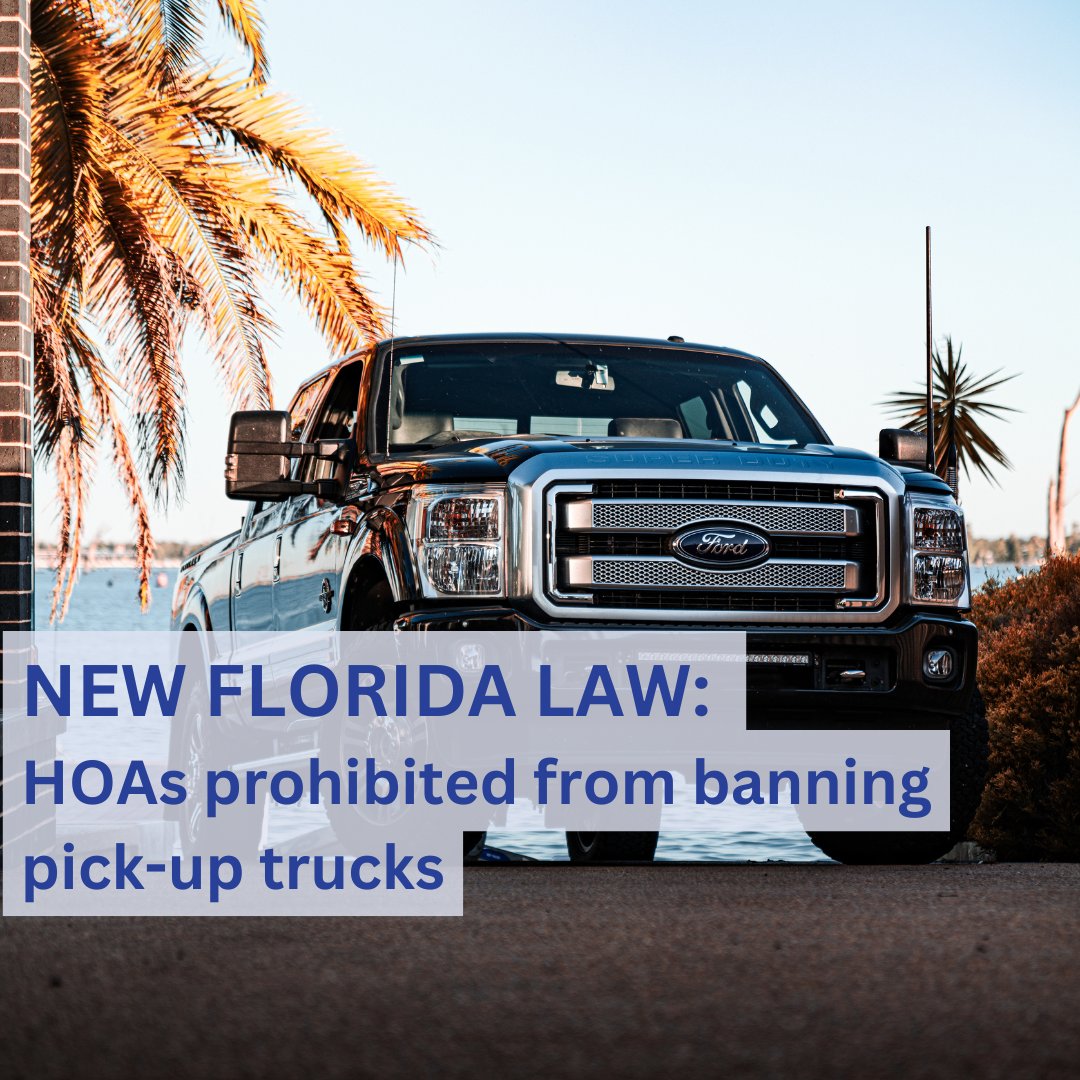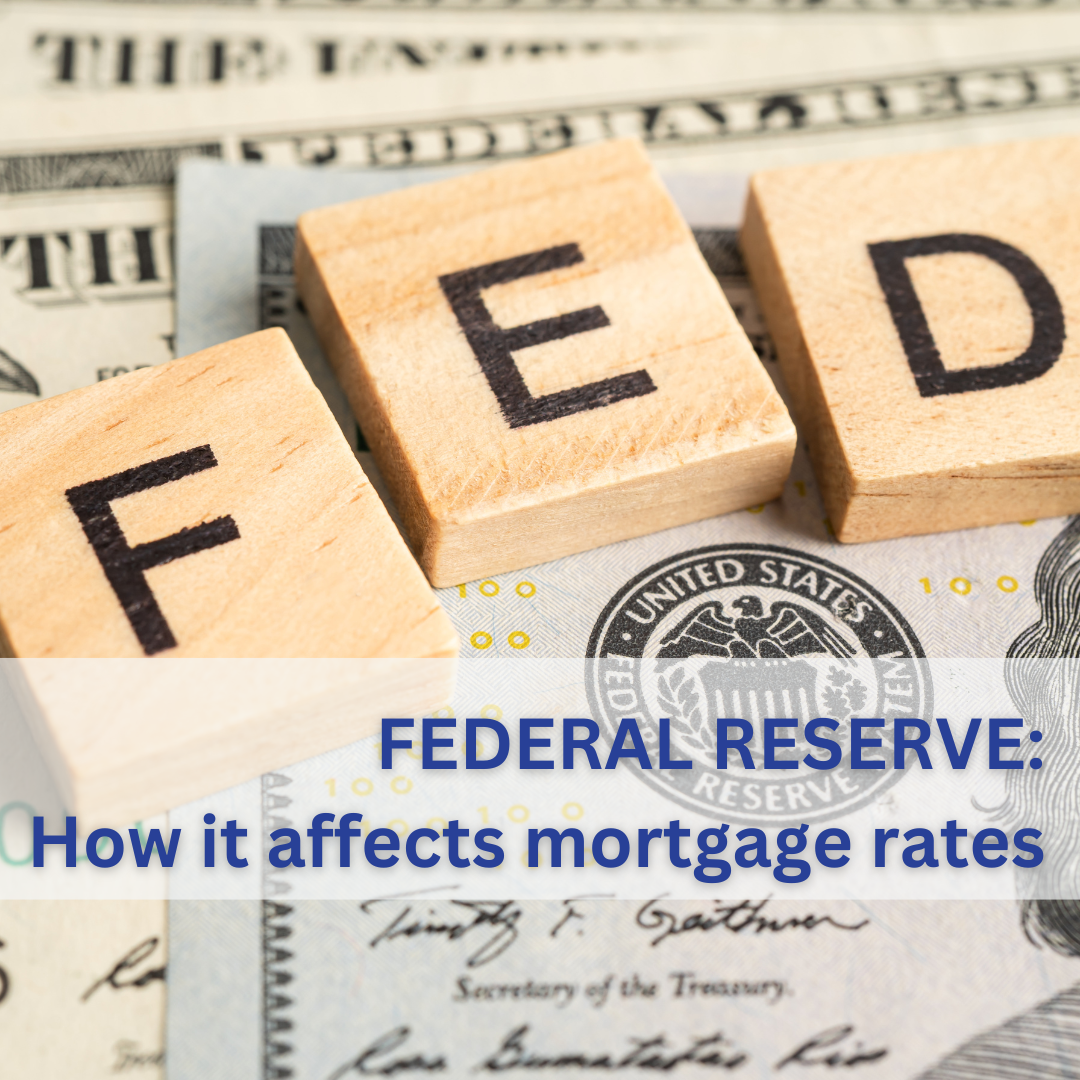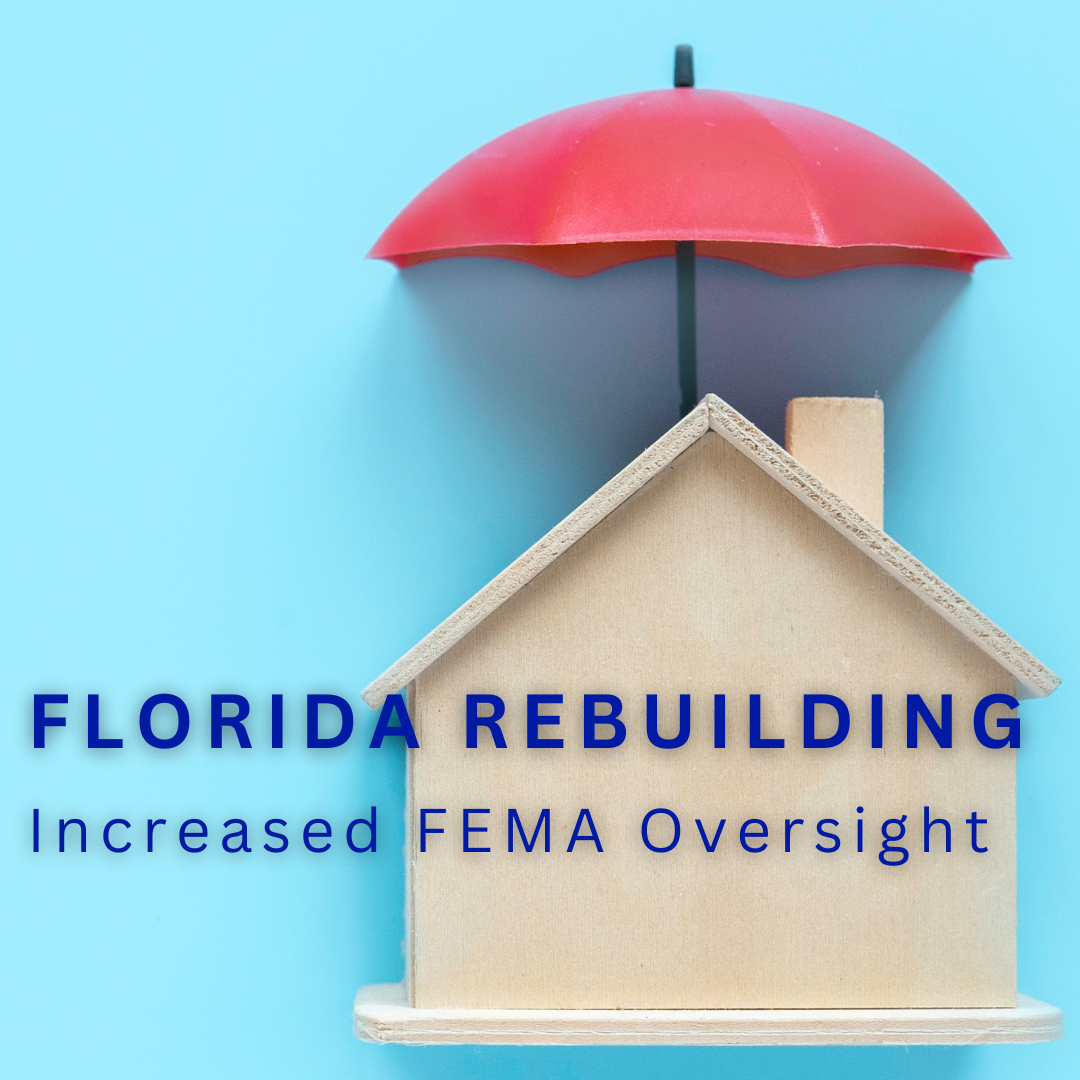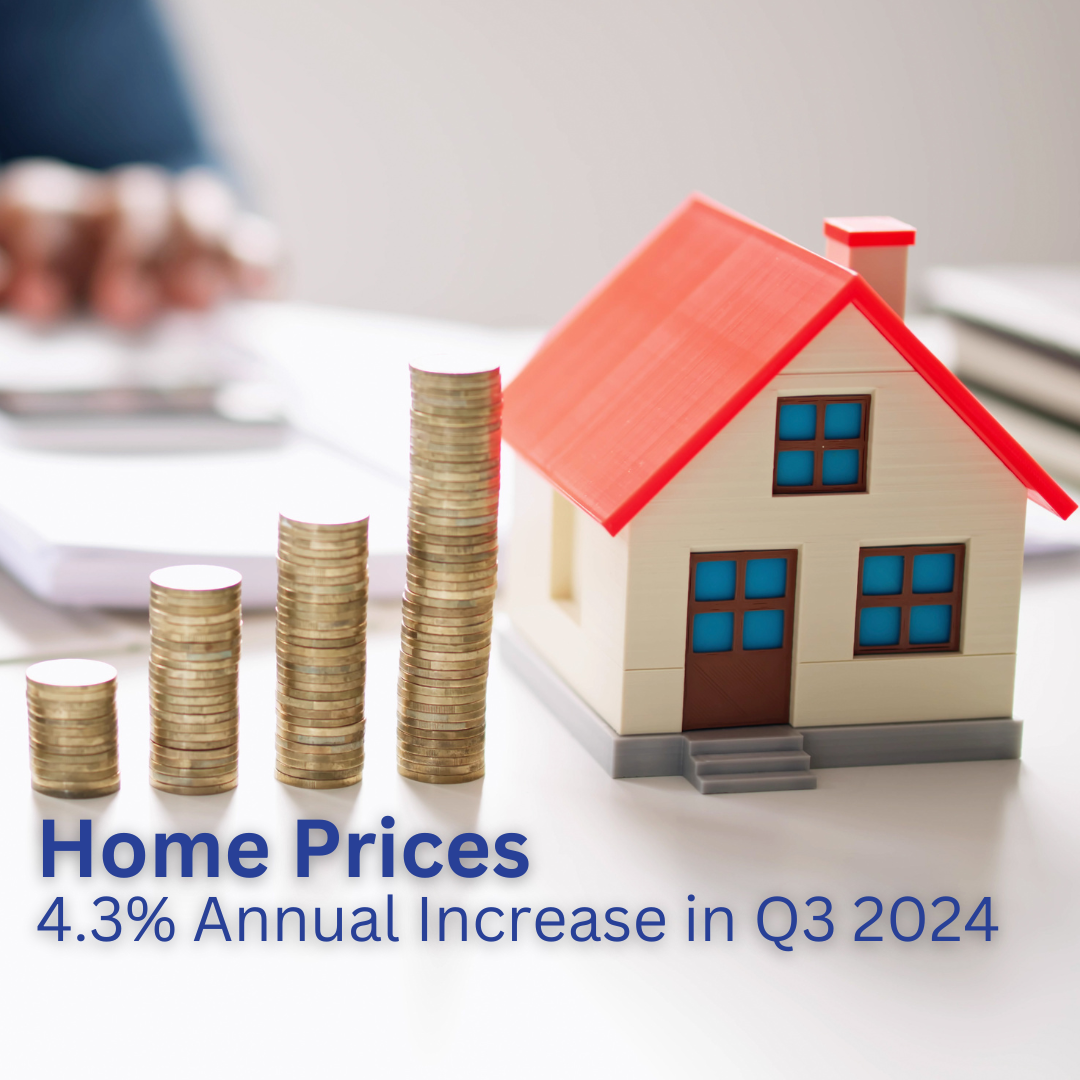Enhanced Building Codes in Florida: A Positive Move for Home Safety and Market Stability
The recent implementation of stricter building codes in Florida, as enforced by the Federal Emergency Management Agency (FEMA), marks a significant development in the state's approach to reconstructing homes post-hurricane. This initiative aims to elevate homes and ensure they meet rigorous flood safety standards, ultimately shaping a safer and more resilient housing market.
Positive Impacts of New FEMA Regulations on Florida's Housing Market
1. Increased Home Safety In response to the destructive hurricanes Helene and Milton, along with other storm threats, FEMA has tightened oversight on rebuilding efforts across Florida, especially in areas like Fort Myers Beach. Homes affected by floods are now required to be rebuilt higher, potentially a full story above ground, to mitigate future flood risks. This proactive approach not only protects properties but also ensures the safety of residents against escalating storm threats.
2. Boost in Property Values While the initial costs of complying with these new standards can be high, they are likely to lead to an increase in property values. Elevated homes are less prone to flood damage, which can significantly decrease potential repair costs after future storms.
3. Sustainability and Long-Term Savings While enhanced building codes may involve upfront expenses, it results in considerable long-term savings. By reducing the risk of severe flood damage, homeowners can save on repair costs and decrease their flood insurance premiums over time. This shift towards more sustainable building practices not only benefits individual homeowners but also contributes to the broader economic stability of the region.
4. Improved Compliance and Insurance Benefits Communities that comply with FEMA's stricter rebuilding protocols can maintain their eligibility for federal flood insurance discounts and other benefits. For example, while Fort Myers Beach faces challenges due to non-compliance, other areas that meet the requirements continue to enjoy reduced insurance costs. This compliance is crucial as nearly every flood insurance policy in Florida is backed by the National Flood Insurance Program (NFIP), essential for properties in flood-prone zones.
5. Preparedness for Future Climate Challenges Florida's adoption of stringent building codes is a forward-thinking measure in the face of climate change. As storms become more frequent and severe, having a robust framework for rebuilding ensures that communities are better prepared and can recover more quickly from natural disasters. This preparedness is vital for sustaining Florida's growth and development in the coming years.
The Real Estate Perspective: Building for Tomorrow
The enforcement of new building standards by FEMA is a pivotal moment for Florida's real estate market. By insisting on higher construction standards, FEMA is not only promoting safety but also enhancing the overall quality of housing.
For prospective buyers and current homeowners, understanding these changes is crucial. It ensures that their investments are secure and capable of withstanding Florida's challenging weather conditions. Moreover, the real estate market can leverage these improved standards to attract buyers looking for durable and future-proof homes at more affrodable prices than New Construction homes in the area.
Categories
Recent Posts











